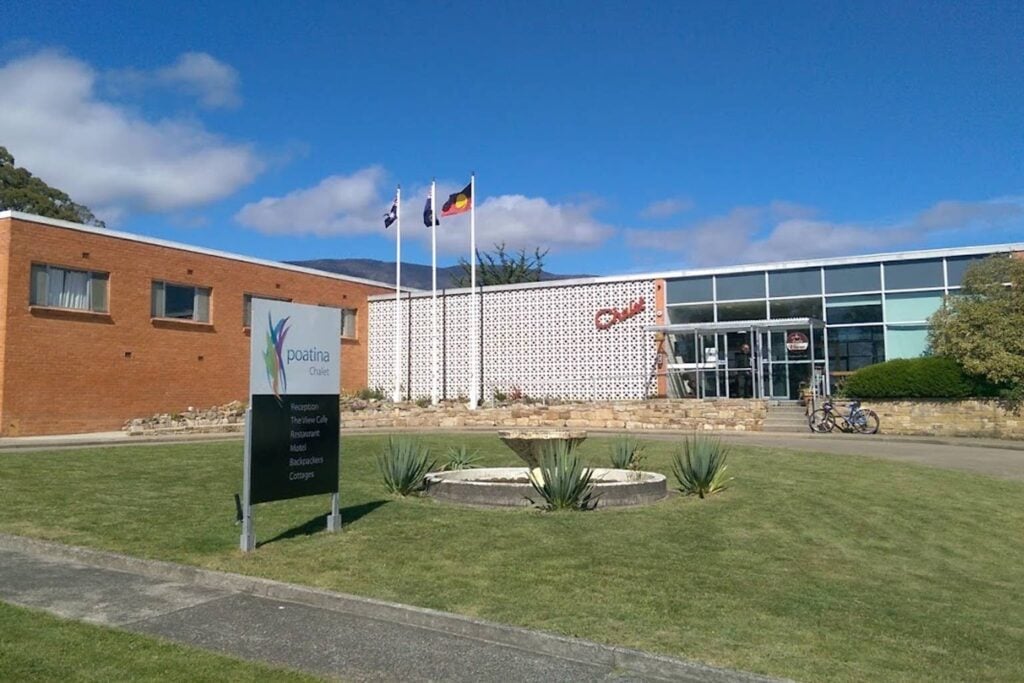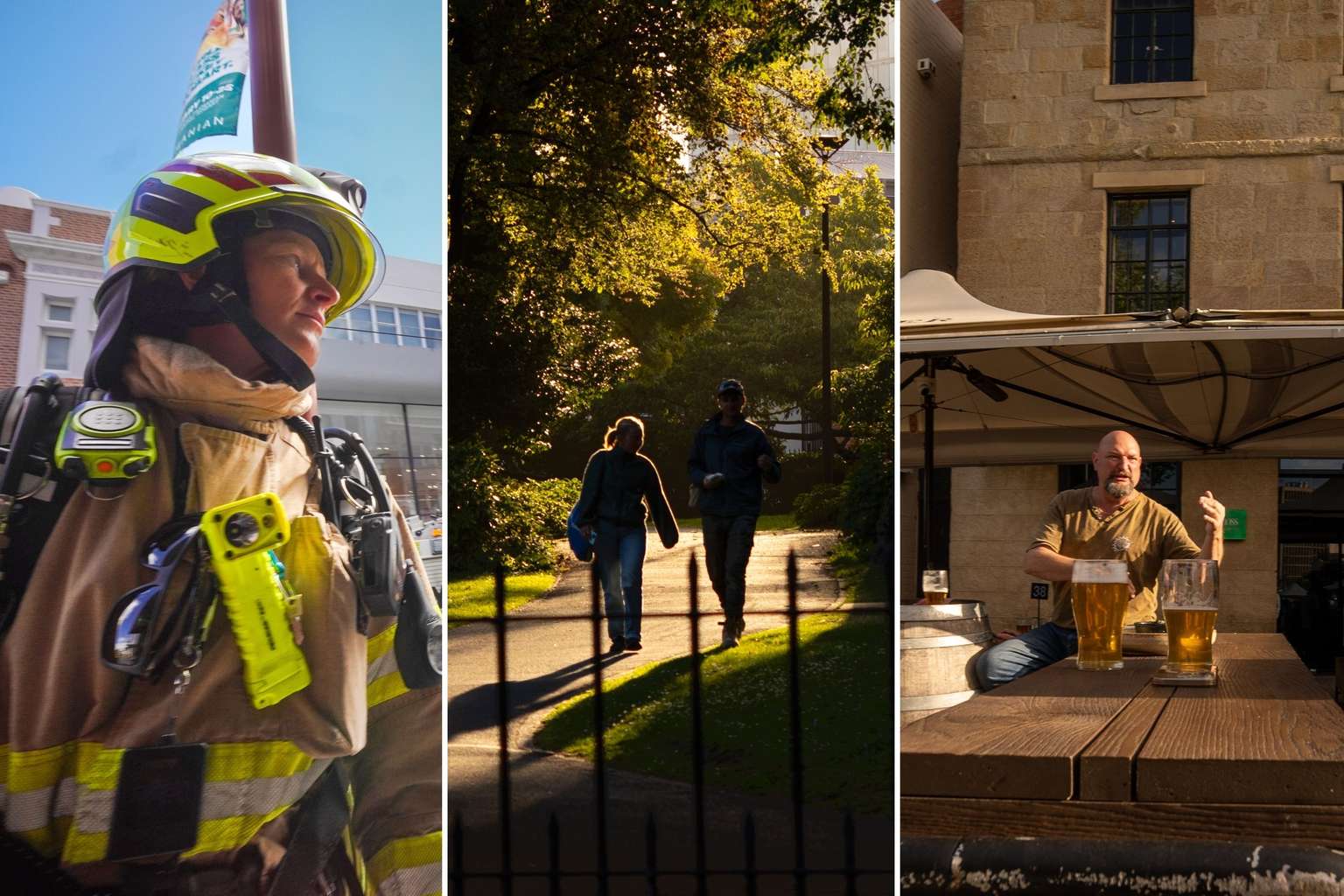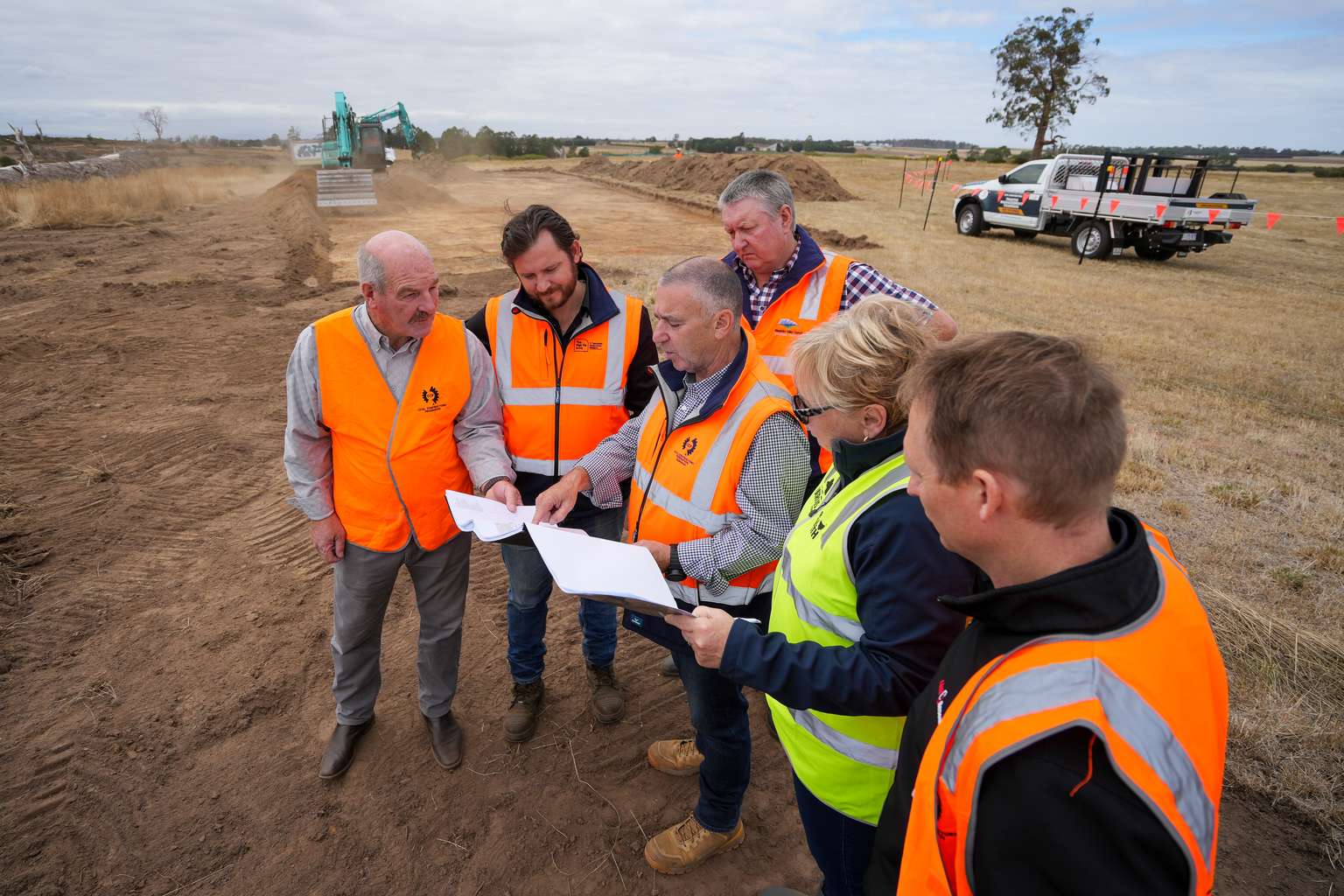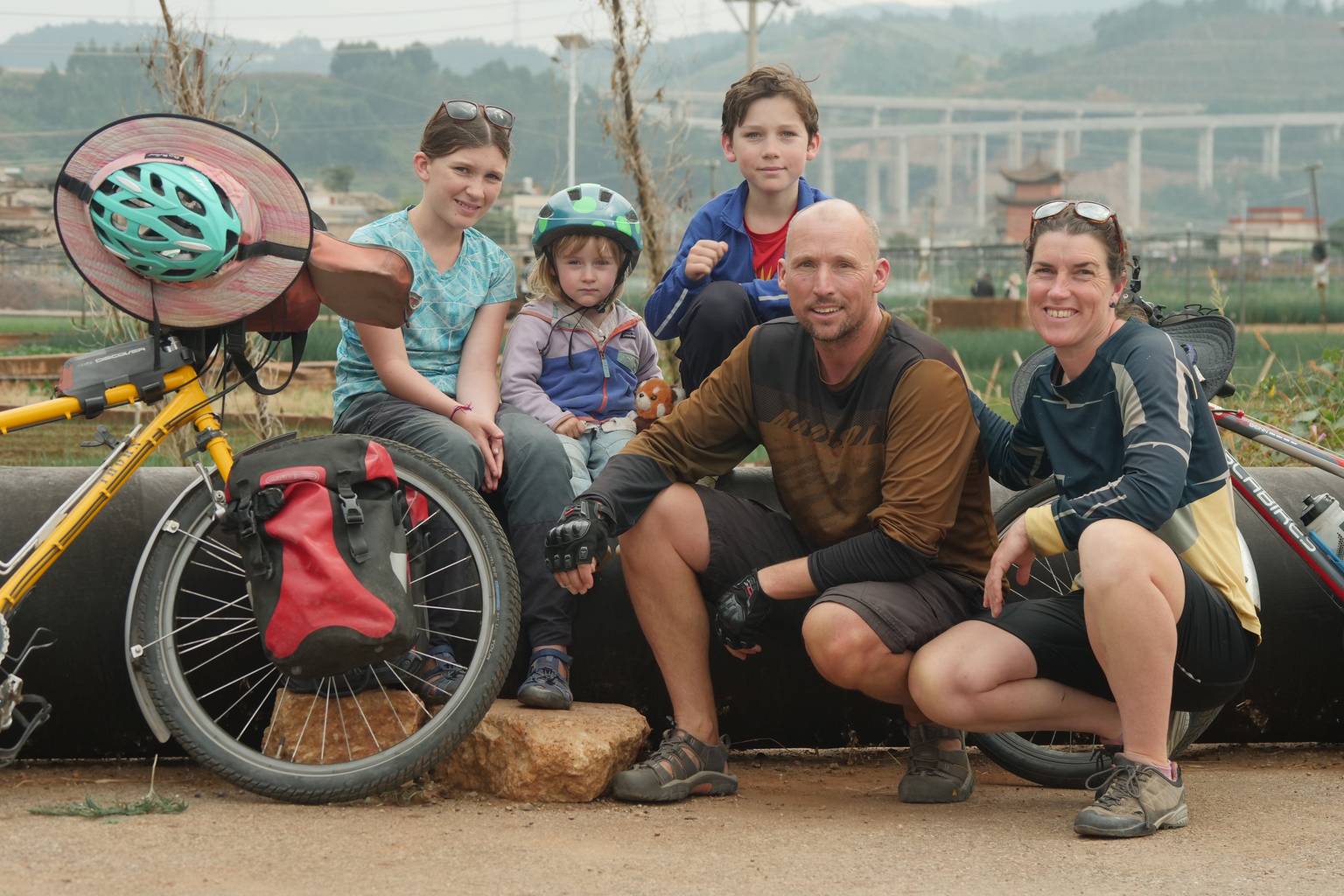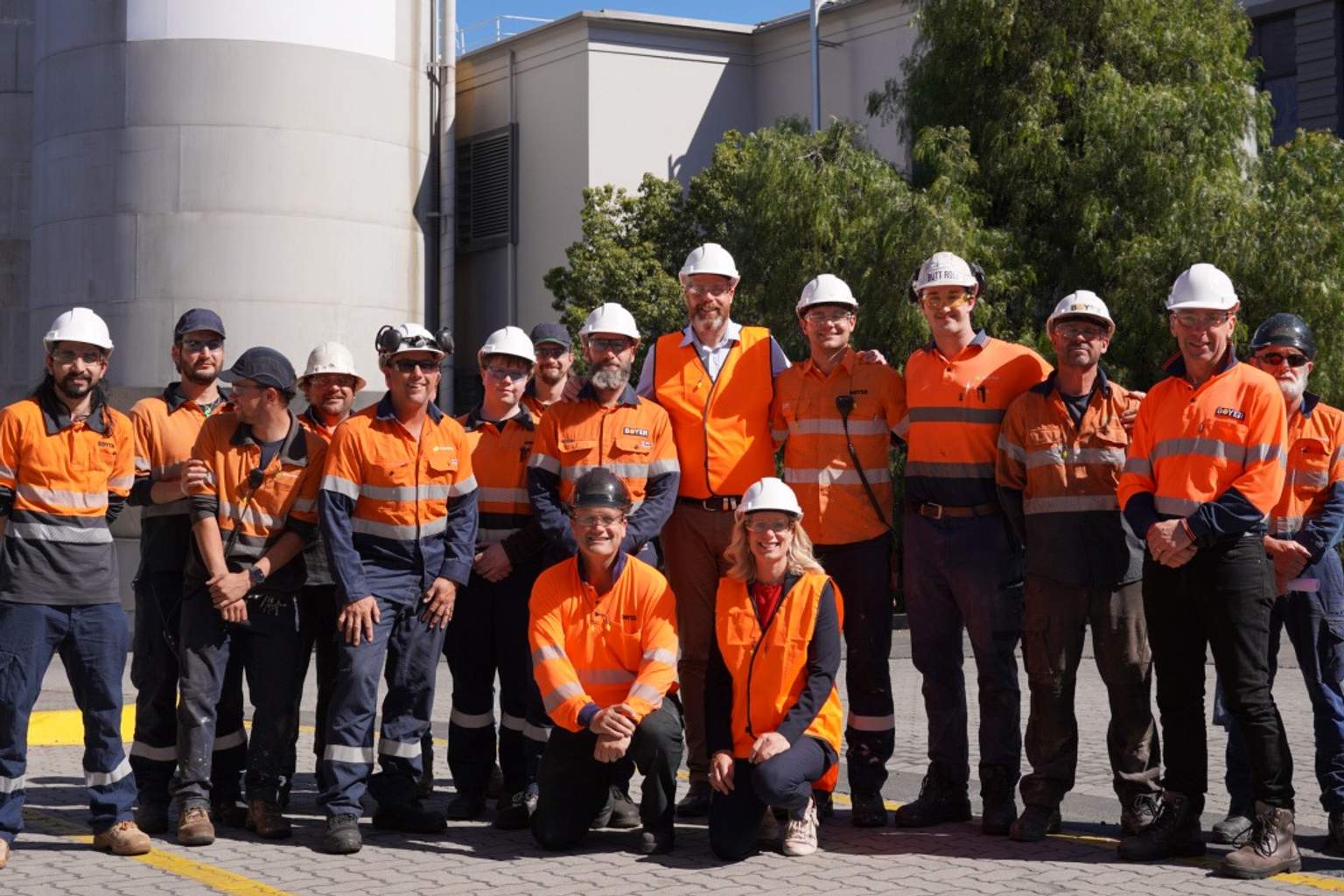Fusion Australia will sell most of its property assets in the small Tasmanian village of Poatina, ending three decades of ownership of the former hydro workers’ town in the state’s Northern Midlands.
The Christian youth services charity announced on Friday that it would divest the majority of its holdings in the remote village, saying it had drifted from its core mission of supporting young people.
The decision follows a 12-month independent consultation with residents, which included surveys, meetings, advisory groups and anonymous voting.
Chief executive Patrick Witcombe said the organisation needed to refocus on its charitable purpose while handling the transition with care.
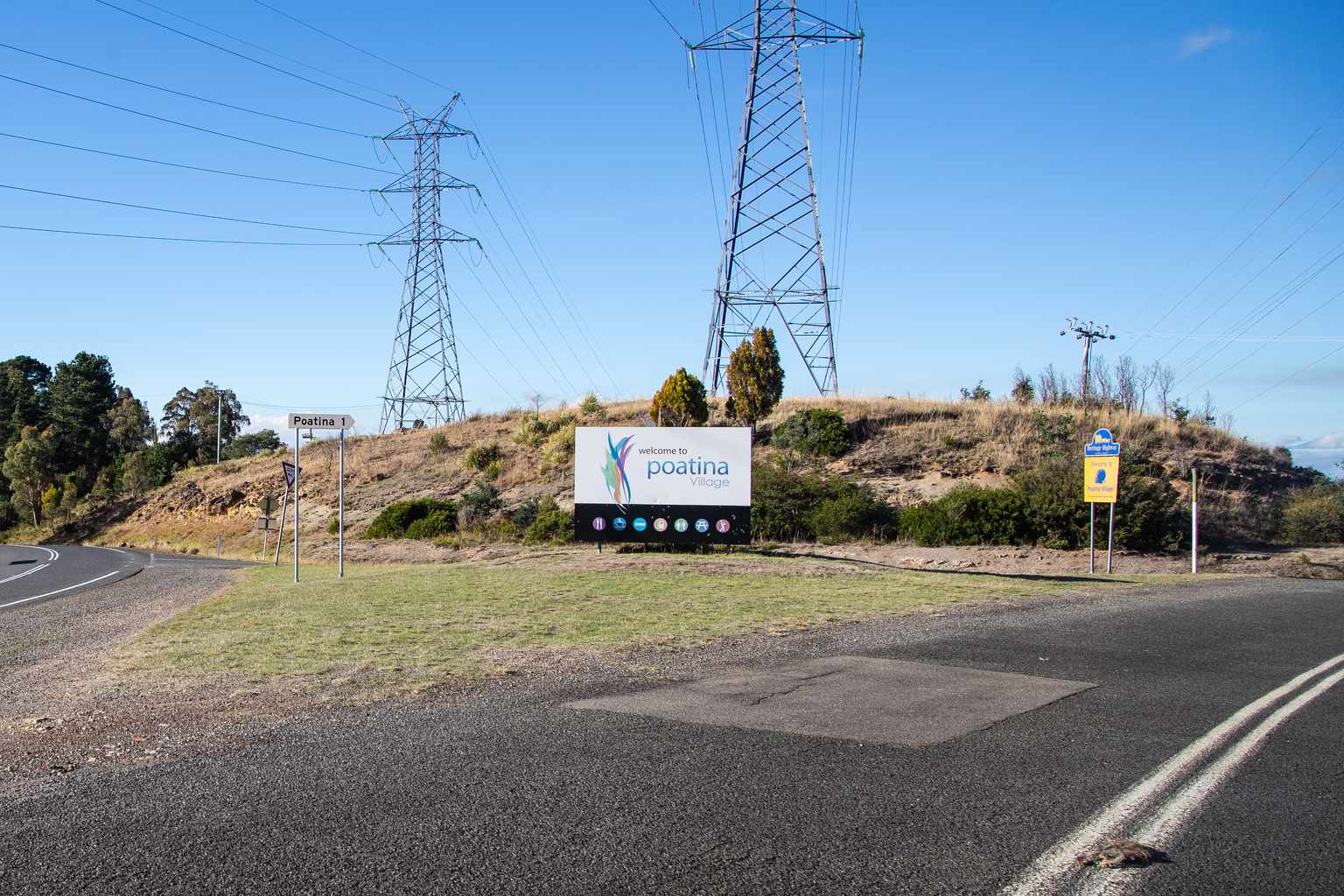
“Ultimately, we needed to make a decision to ensure Fusion Australia can maintain its long-term charitable purpose through responsible asset management, while minimising disruption to the village and enabling continuity, where possible, for community activities,” Witcombe said.
Poatina was built in the 1960s to house workers constructing the underground Poatina Power Station, which began operating in 1964.
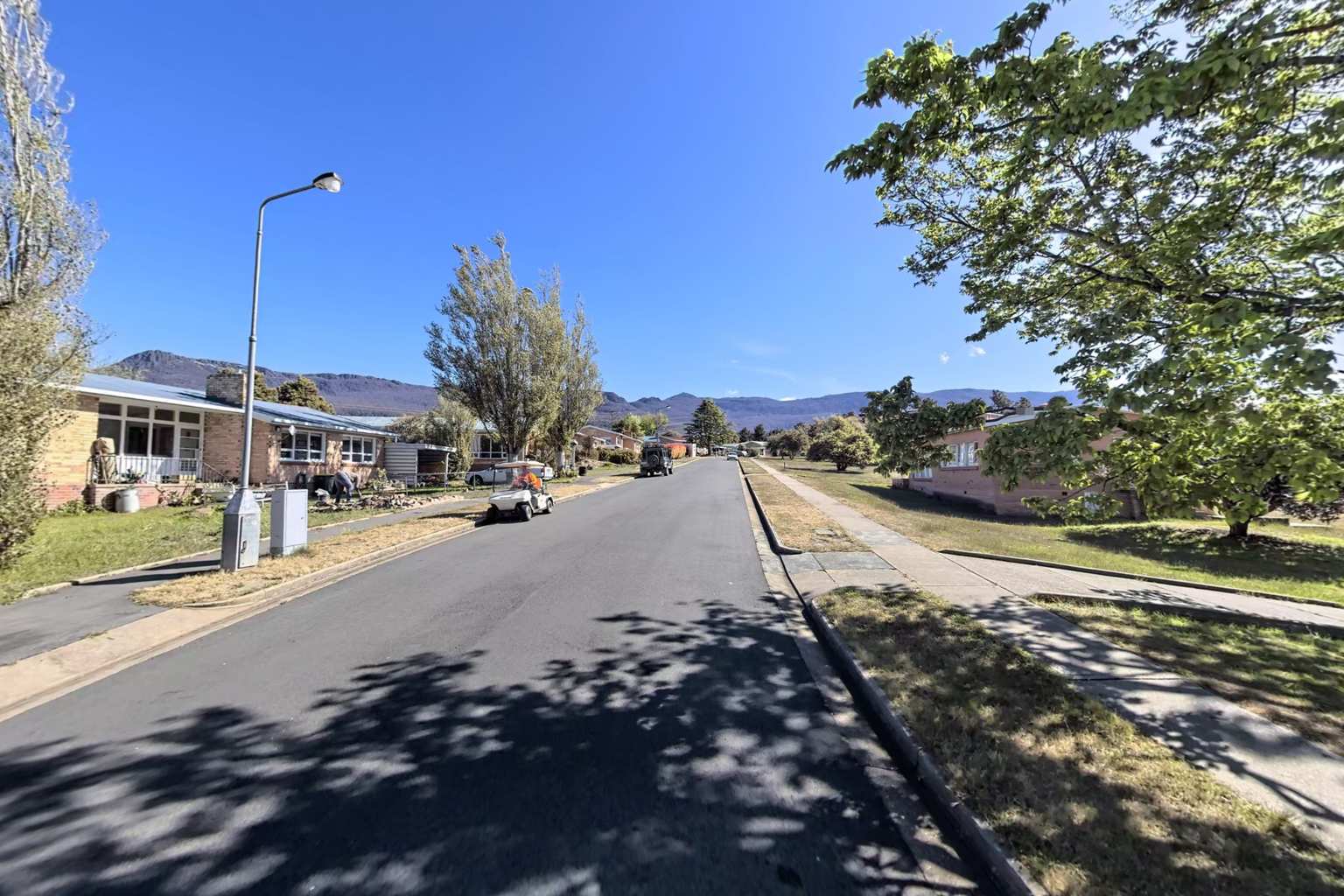
At its peak, more than 2000 people called the mountain village home.
By 1995, however, it had become a ghost town, with only five families remaining after Hydro Tasmania completed its projects and put the entire village up for sale.
Fusion Australia bought Poatina that year, transforming it into what it described as an “intentional community” focused on supporting young people in need.
The organisation established vocational rehabilitation programs and a national training centre in the village.
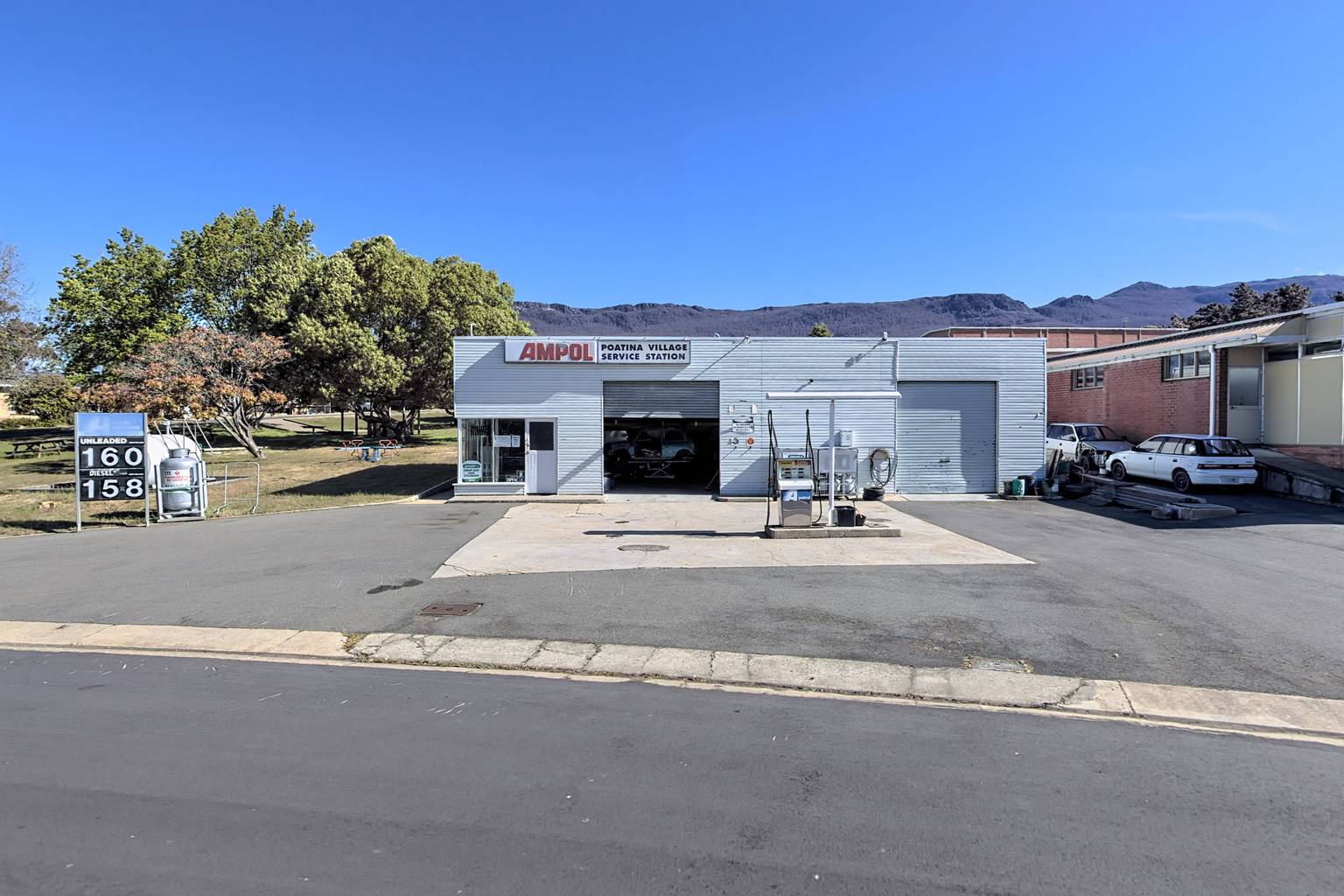
Over time, though, the community evolved beyond its original vision.
“Over time, Poatina has become a community with limited connection to that core youth focus,” the organisation said.
Witcombe said the staged divestment plan emerged from extensive community engagement.
“This option received the strongest overall endorsement following the 12-month consultation period, with a clear majority of the community indicating its support for selling the assets and forging a new future for Poatina,” he said.
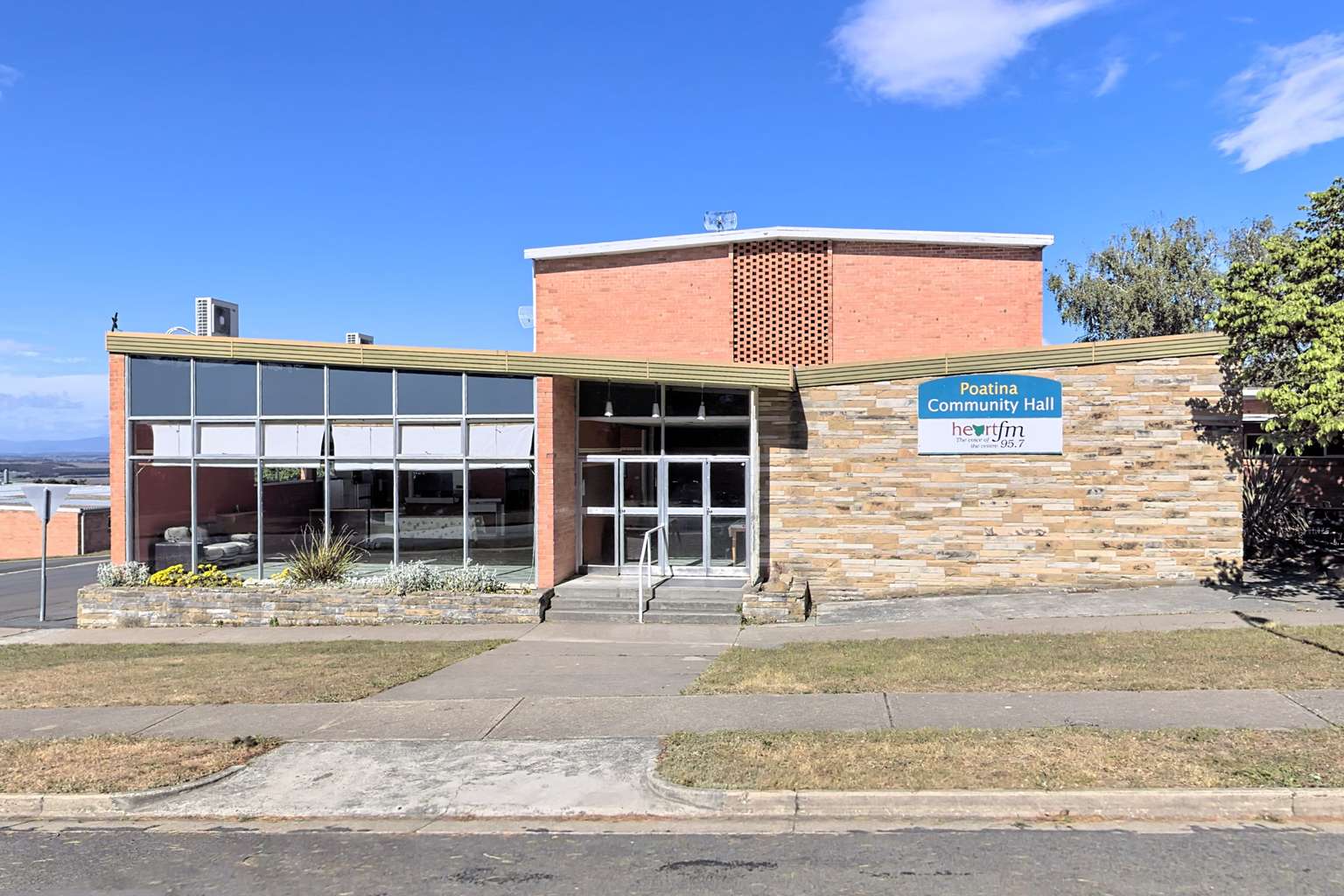
Under the plan, residential properties will be sold through local agents in packages or via private negotiation in stages.
“Unsold properties will be listed with business brokers from April 2026,” Witcombe said.
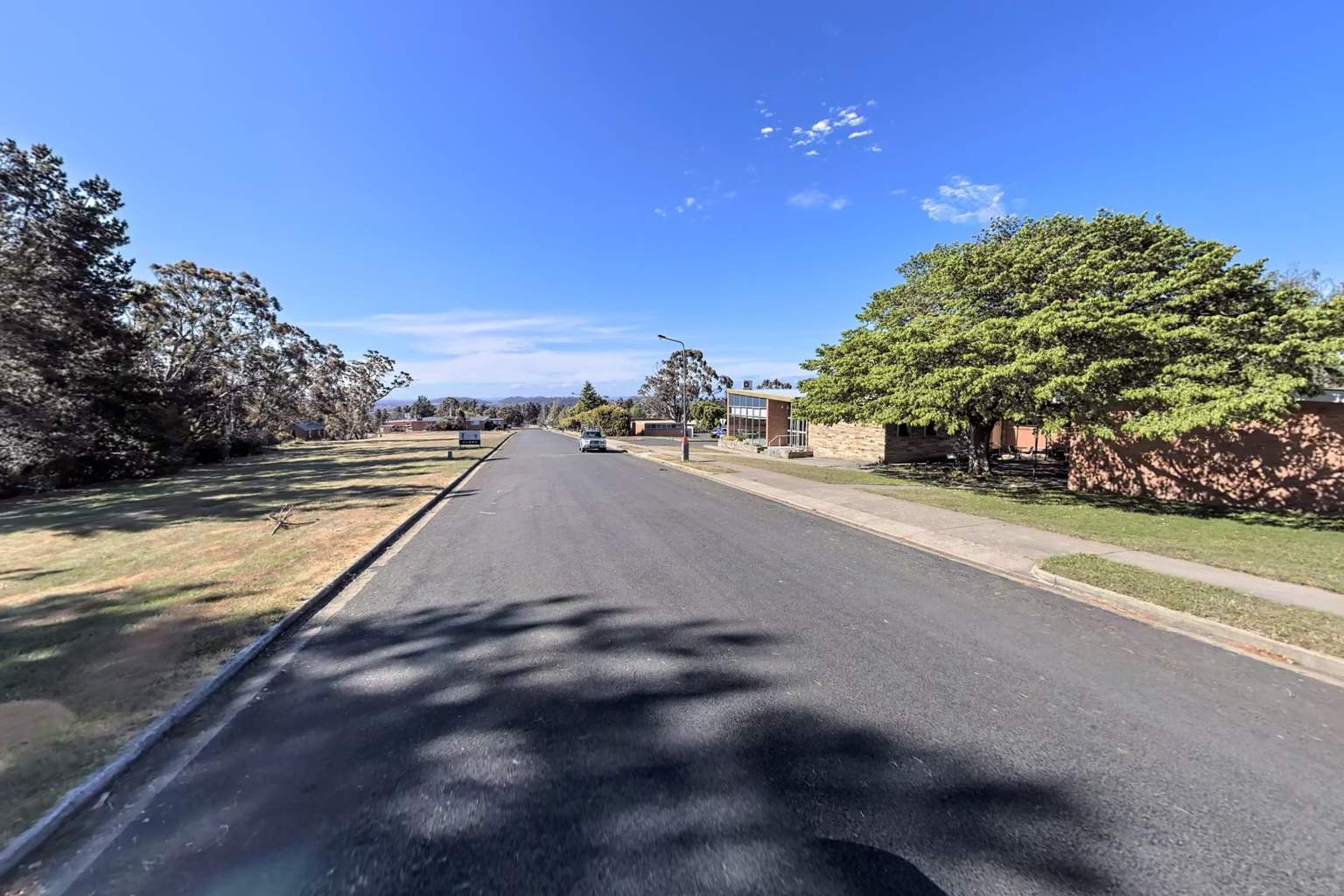
The village chalet and service station have already been marketed as going concerns, with the chalet currently under offer.
Fusion will retain ownership of the village’s arts centre while it reviews how the facility aligns with the charity’s mission.
“As part of Fusion’s national strategy, the Poatina Arts is being assessed for alignment with the organisation’s evolving mission, particularly its focus on supporting young people aged 12–25,” Witcombe said.
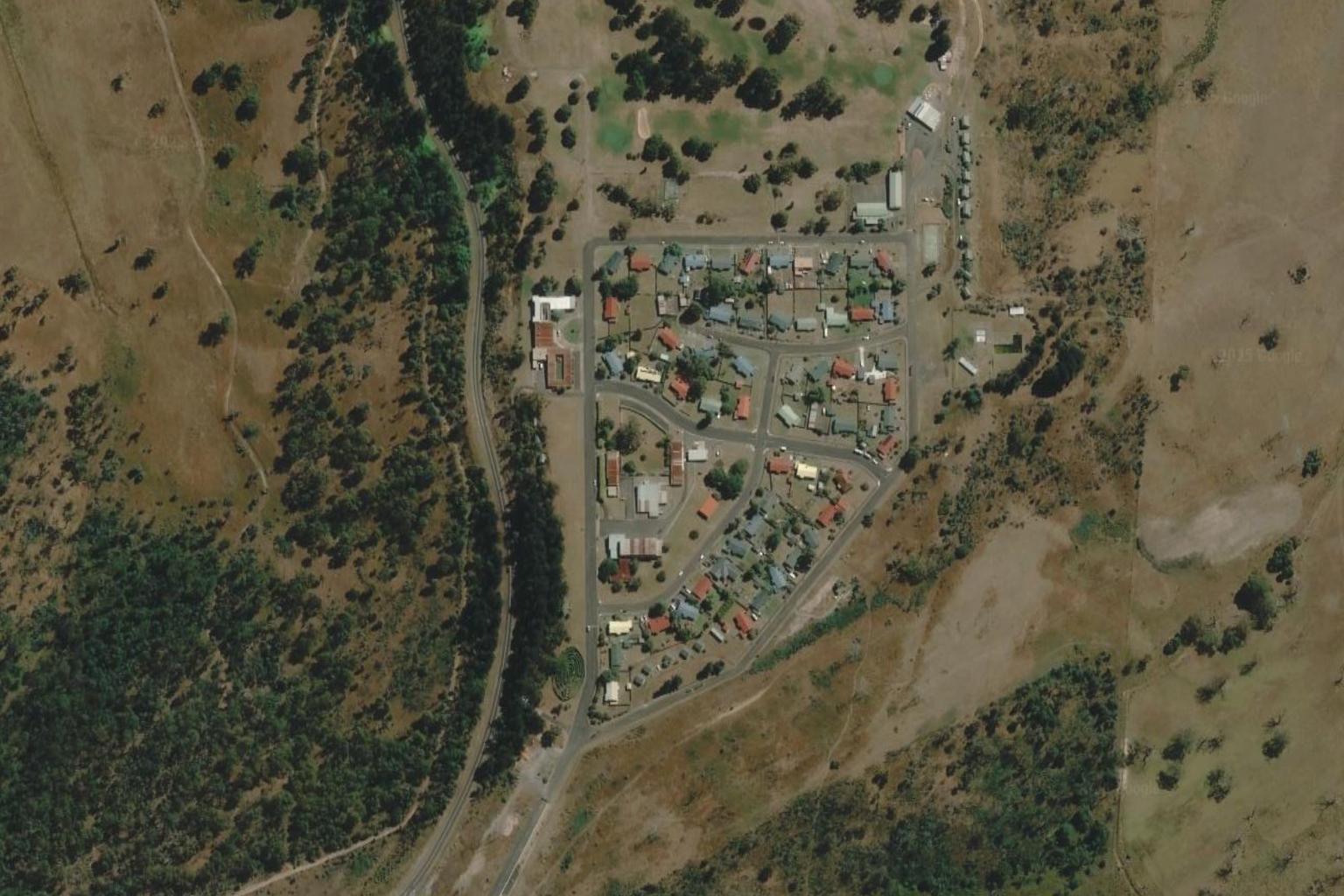
The arts leadership team has expressed interest in operating independently, though no final decision has been made.
Witcombe said the organisation “remained committed to transparent and compassionate communication with the community throughout the transition”.
Around 100 people currently live in the village.
Proposals from residents, charities and businesses for packaged property purchases will be accepted from late 2025 to early 2026.

